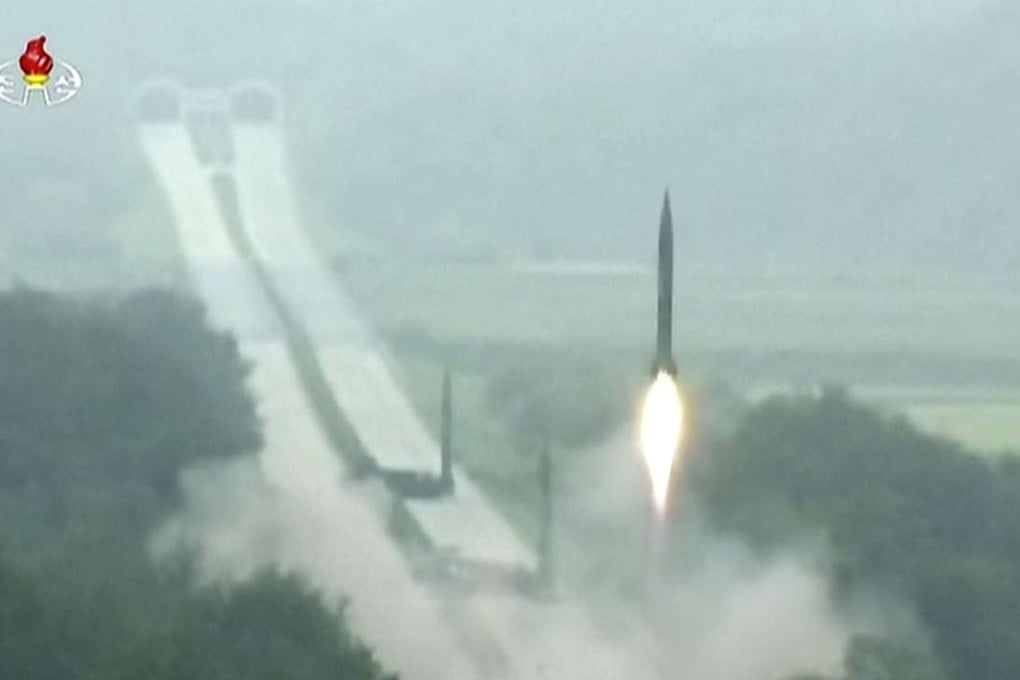Sino File | If world is united, why can’t it stop North Korea’s nuclear plans?

North Korea’s fifth nuclear test in defiance of international efforts has once again raised the question: why does a seemingly united world not stop the rogue nation from making trouble?
Since it started testing missiles in 1993, the isolated state’s nuclear and missile programmes, though erratic and often failures, have stirred up one crisis after another, despite sanctions unanimously imposed by members of the United Nations Security Council since 2006.
Over the past decade, Pyongyang has been conducting nuclear tests at intervals of two or three years. Since Kim Jong-un took power, the tests have become more frequent. It has conducted two this year alone.

Just a few weeks ago, North Korea launched ballistic missiles into the sea separating it from Japan – at the same time as Japanese, Chinese and South Korean foreign ministers were meeting in Tokyo. The launch also coincided with a summit involving leaders of the Group of 20 major economies in Hangzhou (杭州), China, attended by President Xi Jinping (習近平) and his South Korean counterpart Park Geun-hye.
First photos emerge of North Korean flooding, as Pyongyang appeals for help despite defying world with nuclear test
The impoverished North Korea should have been tamed by tough sanctions from economies hundreds of times its size. The continuous failure of the international efforts puts into question the sincerity of major powers’ cooperation on the issue, suggesting each may be pursuing their own strategic goals rather than the commonly stated target of denuclearising the peninsula.

